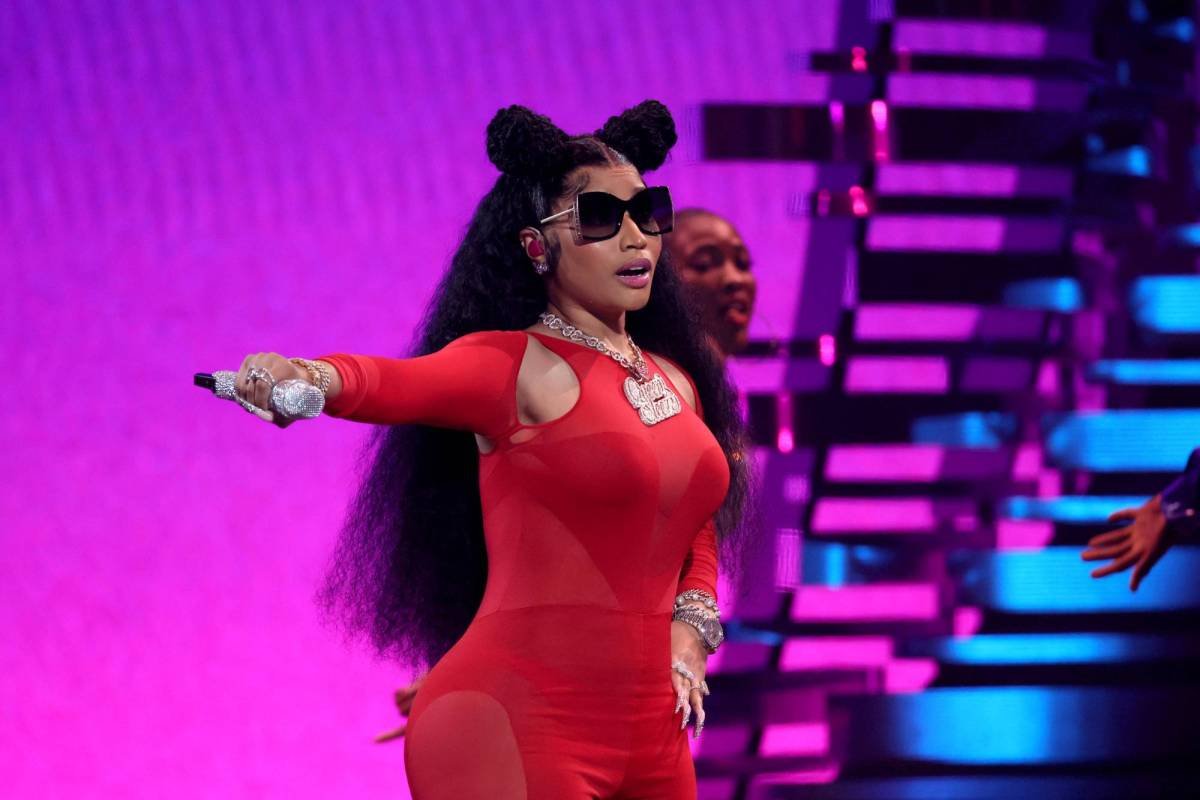A group of 200 musicians have united in a powerful gesture, signing an open letter imploring tech companies and developers to not diminish the value of human creativity through AI music generation tools.
The lineup of undersigned artists is impressive and diverse, resembling a dream Coachella roster. The list includes renowned names such as Billie Eilish, the Bob Marley estate, Chappell Roan, Elvis Costello, Greta Van Fleet, Imagine Dragons, Jon Bon Jovi, the Jonas Brothers, Kacey Musgraves, Katy Perry, Mac DeMarco, Miranda Lambert, Mumford & Sons, Nicki Minaj, Noah Kahan, Pearl Jam, Sheryl Crow, and Zayn Malik.
“When used irresponsibly, AI poses immense threats to our privacy, identity, music, and livelihoods,” the letter states. “Major companies are utilizing our work without permission to train AI models… For many of us in the music industry, this would be catastrophic.”
And they are absolutely correct. AI models that produce new music, artwork, and writing do so by learning from vast collections of existing work. In most cases, requesting for your work to be removed from these models is futile. It is comparable to an artist attempting to prevent the piracy of their music – it is simply not feasible. We have already witnessed the creation of convincing deepfakes of popular musicians, and this technology will only continue to advance.
Companies such as Adobe and Stability AI are developing AI music generators that utilize licensed or royalty-free music. However, even these tools have the potential to negatively impact musicians who create original scores for TV commercials or other projects that may be licensed by another artist.
Unfortunately, musicians have often been overlooked as technology advances. First, file-sharing made obtaining music for free effortless. While streaming platforms arose as a solution to this issue, it has not been ideal for artists. The Union of Musicians and Allied Workers (UMAW) has been advocating for fair streaming compensation for years, with guild members estimating that Spotify’s average streaming royalty rate is only $0.0038, or a quarter of a cent. Therefore, it is no surprise that musicians remain wary of this evolving technology.
Authors are also standing up to the rise of generative AI. In July, over 15,000 writers, including James Patterson, Michael Chabon, Suzanne Collins, and Roxane Gay, signed a similar open letter addressed to the CEOs of OpenAI, Alphabet, Meta, Stability AI, IBM, and Microsoft.
“These technologies mimic and replicate our language, stories, style, and ideas. Millions of copyrighted books, articles, essays, and poetry serve as the ‘fuel’ for AI systems, endless meals for which no bill has been paid,” the authors’ letter expressed.
However, these tech companies do not seem to be heeding their concerns. One can still visit ChatGPT and request a passage in the style of Margaret Atwood – while it may not be of high quality, it is evident that the large language model has absorbed “The Handmaid’s Tale” and can produce a distorted version of it. Furthermore, copyright laws are not yet sophisticated enough to regulate generative AI, making legal action practically useless at this point in time.
“This attack on human creativity must come to an end,” the musicians’ letter urges. “We must protect against the unethical use of AI to steal artists’ voices and images, infringe on creators’ rights, and disrupt the music ecosystem.”








